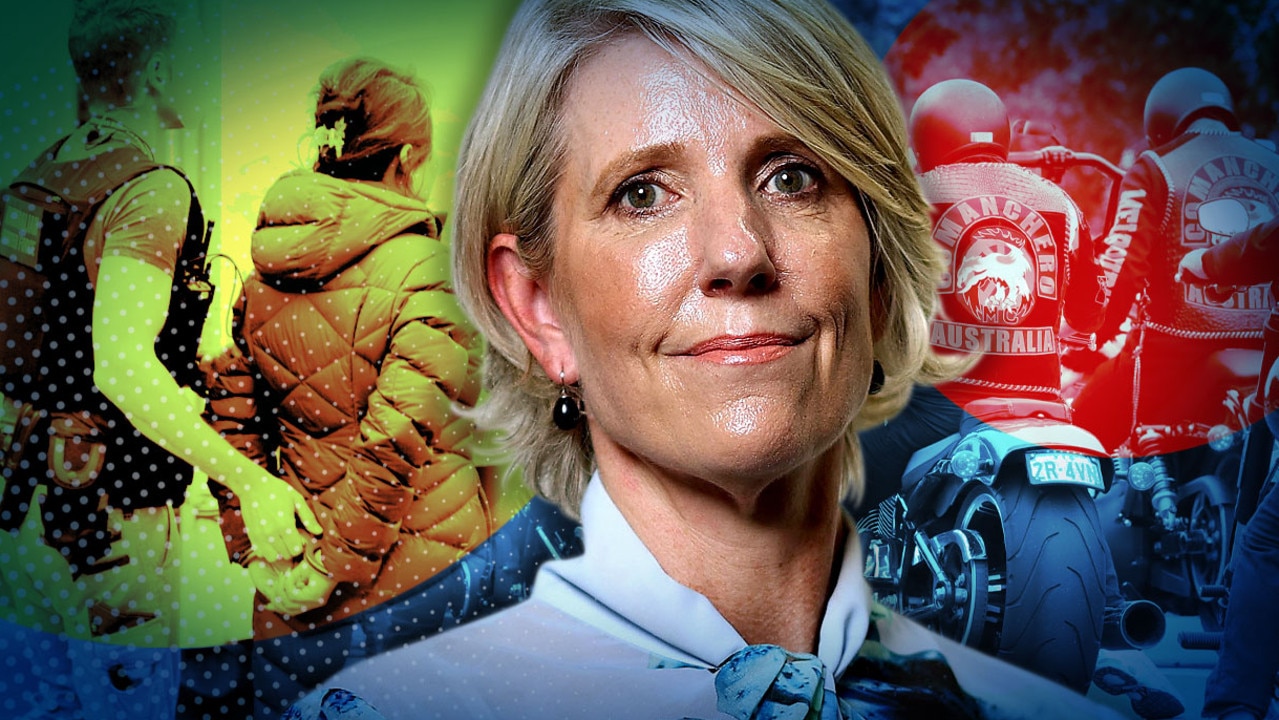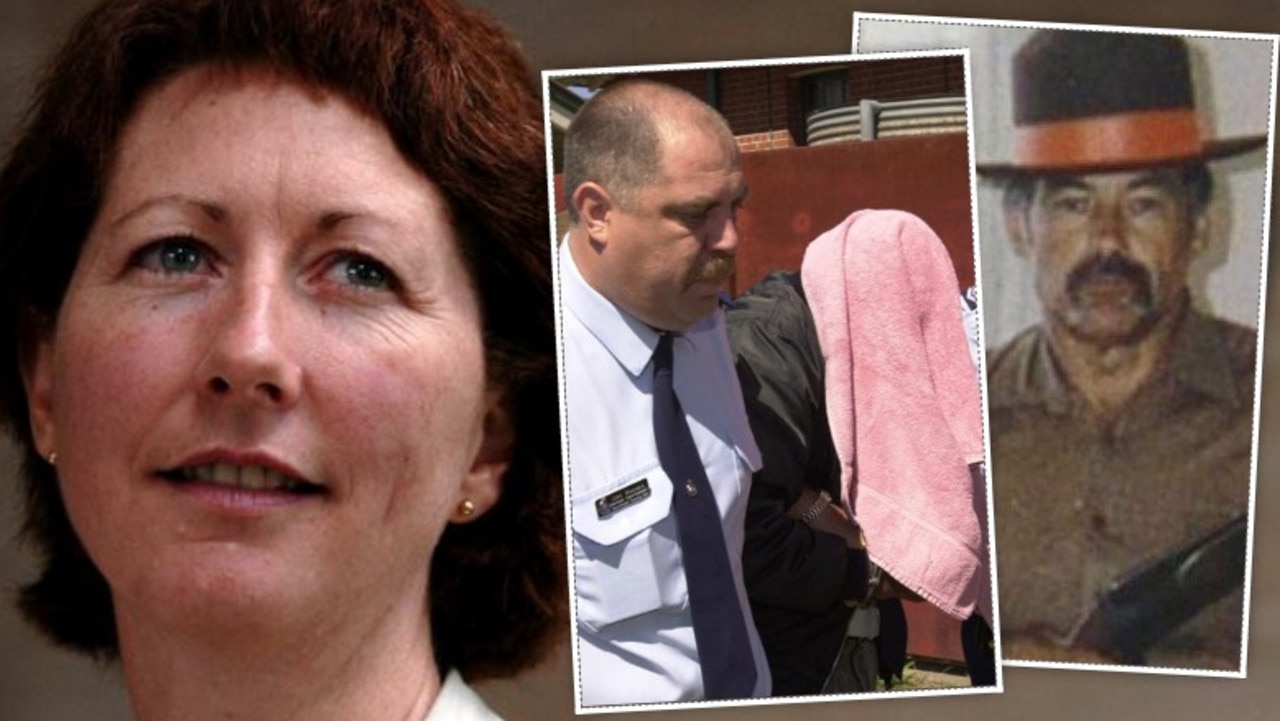Inside the Darwiche, Razzak crime families feud that terrorised Sydney
Like all good gang wars it started with a couple of punches thrown by a few macho men outside a cafe. By the time the dust settled, there had been dozens of drive-by shootings and four dead. LISTEN TO THE PODCAST
Police Tape podcast
Don't miss out on the headlines from Police Tape podcast. Followed categories will be added to My News.
When rival crime families start shooting at each other with machine guns in Sydney pub car parks and acquiring rocket launchers to take their enemy out, you are talking about a bloody gang war which rivals anything the city, or country, has to offer.
Like all good gang wars it started with a couple of punches thrown by a few macho men outside a cafe. By the time the dust settled, there had been dozens of drive-by shootings and four dead.
By gang war status the body count may not have been high, but for the brazen daylight gun violence unleashed it was unrivalled in Sydney history.
The “family feud’’ between the Razzak and Darwiche families in the 2000s shaped a fearsome time to be on the streets of southwest Sydney. When you talk to cops who worked in the suburbs or squads involved, they will tell you it was a “razor’s edge’’.
Jailhouse gambit: Killer deal to retrieve stolen rocket launcher
Uncompromising: Why ‘Slasher’ clashed with cops as well as crims
“There were some crazies in that group, I got to tell you,’’ said former NSW Police Assistant Commissioner Ken McKay, who worked on strike forces at the time.
“Dangerous and crazy,’’ he reiterated.
“They were basically two crime groups involved in drugs and then (it) escalated over some marital dispute.’’
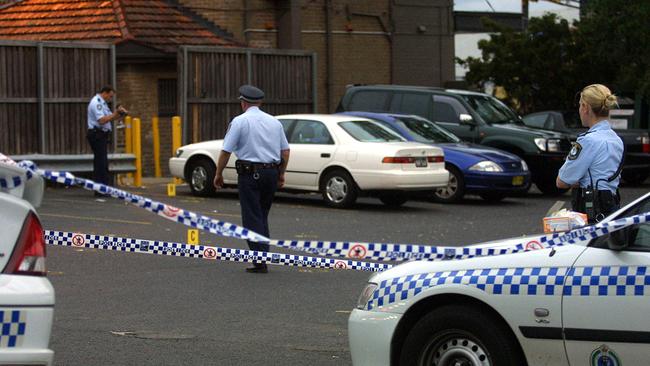
The nearly decade-long conflict began with a fist fight between Adnan Darwiche and Bilal Razzak at Nemra’s Cafe in Bankstown in February 2001. For the next two years there were shootings, kneecappings and then peace talks, which stemmed the tide for a little while, before all-out war erupted in June 2003 following the kneecapping of Bilal Razzak.
On August 27, more than 55 rounds were pumped into a home belonging to one of the Razzak clan in retaliation for the kneecapping. It was to reopen hostilities between the two groups.
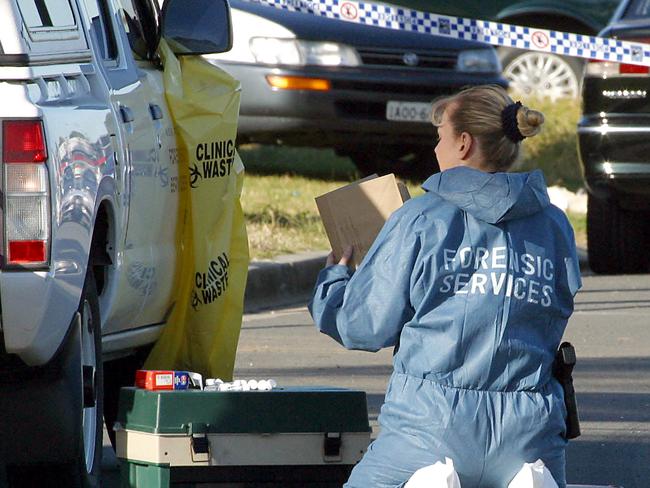
Whenever these two clans fought they didn’t just fire the odd angry shot from a pistol — it was invariably multiple rounds from automatic weapons. In this case, miraculously no one was killed.
Two days later Ali Abdul Razzak was shot and killed in broad daylight as he sat in his car near the Lakemba mosque.
Things were getting crazy. It’s about this time that Adnan Darwiche bought a rocket launcher. There were other shootings as the tit for tat continued … not all were reported to the police or made public. The two gangs were literally stalking each other and were armed to the teeth.
The shootings became more ferocious and not surprisingly people died. On October 14, Adnan Darwiche, Naseam El-Zeyat, Ramzi Aouad and Abass Osman took things to an even more extreme level.
“Basically they opened fire and shot about 180 rounds into a home,’’ McKay recalls. Informants later told police there was talk of using the rocket launcher, but for some reason the men decided just to spray the house with bullets.
The target was the Greenacre home of a friend of the Razzak’s. This time there were casualties.
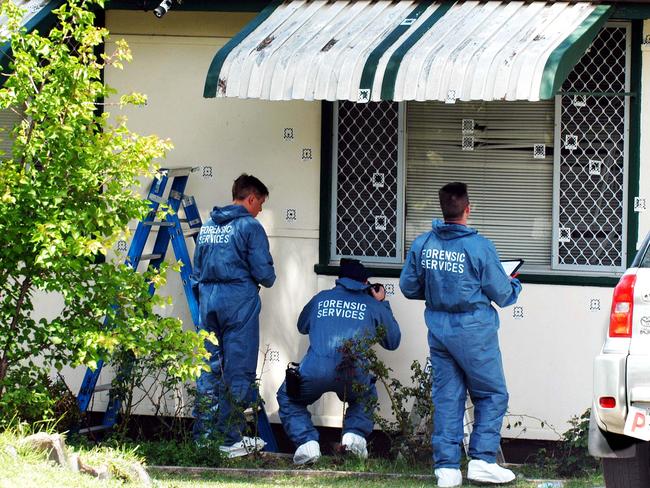
Ziggy Razzak was hit several times as he watched TV in the lounge room. Melissa Nemra who was staying at the home with her two children was killed as she slept. There was no doubt the Darwiche brothers were behind the shooting.
“There are some really evil people I’ve known — Adnan Darwiche was just evil — just pure evil, doesn’t matter how you look at him,’’ McKay said, adding Adnan’s brother Abdul was just as bad.
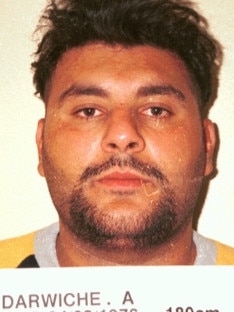
“They just exude evil, you know, and they had those evil eyes. They are not the sort of people you want to be wandering around. Luckily, most (of the) time I saw them they were in jail.’’
The shootings continued, and, on October 30, Ahmed Fahda was killed when he was hit with nearly 30 bullets as he sat in a four-wheel drive at a service station in Punchbowl.
Again the murder was carried out in broad daylight, at 2pm.
In November, police locked up a number of the players, including Adnan Darwiche, although he was later acquitted. But still the shootings did not stop. A gunbattle broke out in the car park of the Kings Head Tavern in Hurstville on a Wednesday afternoon.

Two masked gunmen opened fire on two members of the Darwiche clan, Ramzi Aouad and Naseam El-Zeyat, who returned fire. Miraculously, no innocent bystanders were injured. One of Aouad’s friends was with him and received a slight leg wound.
There was another shooting six months later, in May, when one of the Darwiche clan was hit by a bullet during a drive-by of a home in Condell Park.
A number of main players were already locked up and facing murder and gun charges. Peace between the two families was forced on them by the fact most of them were in jail, including Adnan Darwiche who in November 2006 had been sentenced to two counts of life imprisonment for the murders of Ziggy Razzak and Melissa Nemra. He was also convicted over the kneecapping of Bilal Razzak, who refused to give evidence at the trial and was sentenced to 15 months’ prison for contempt of court — the only offence for which he was convicted.
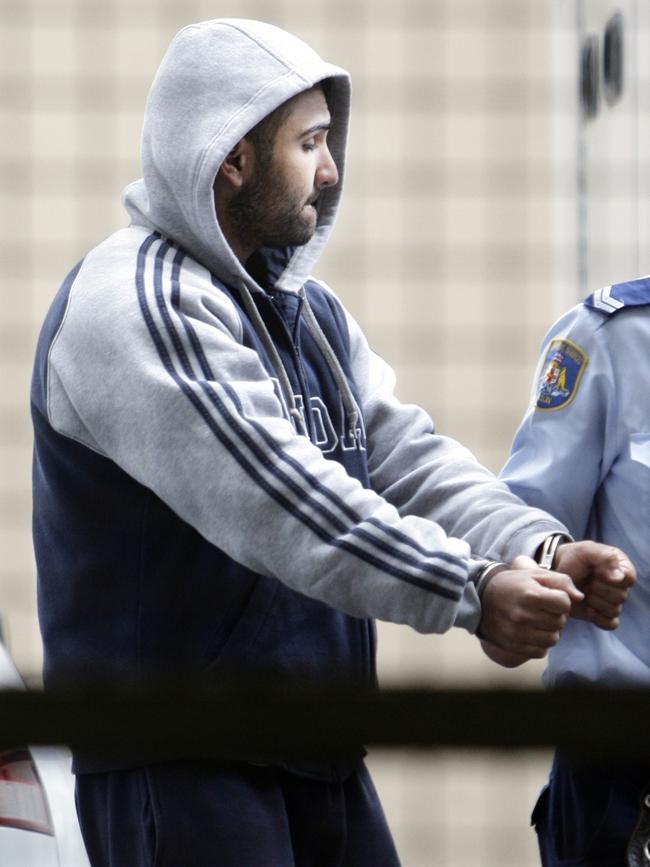
But there was one last chapter to be played out. In March 2009, Abdul Darwiche had left a restaurant in Bass Hill after dinner with his family and was sitting in his four-wheel drive when a gunman walked up to him.
Darwiche looked at his attacker and said: “What are you going to do? Kill me in front of my f---ing family?”.
The gunman fired multiple times, fatally wounding him.
Mohammed Fahda was arrested soon after and charged with the murder, carried out to avenge the killing of his brother Ahmed. He was later convicted and sentenced to 20 years’ prison.
HEAR MORE FROM KEN MCKAY
Originally published as Inside the Darwiche, Razzak crime families feud that terrorised Sydney


